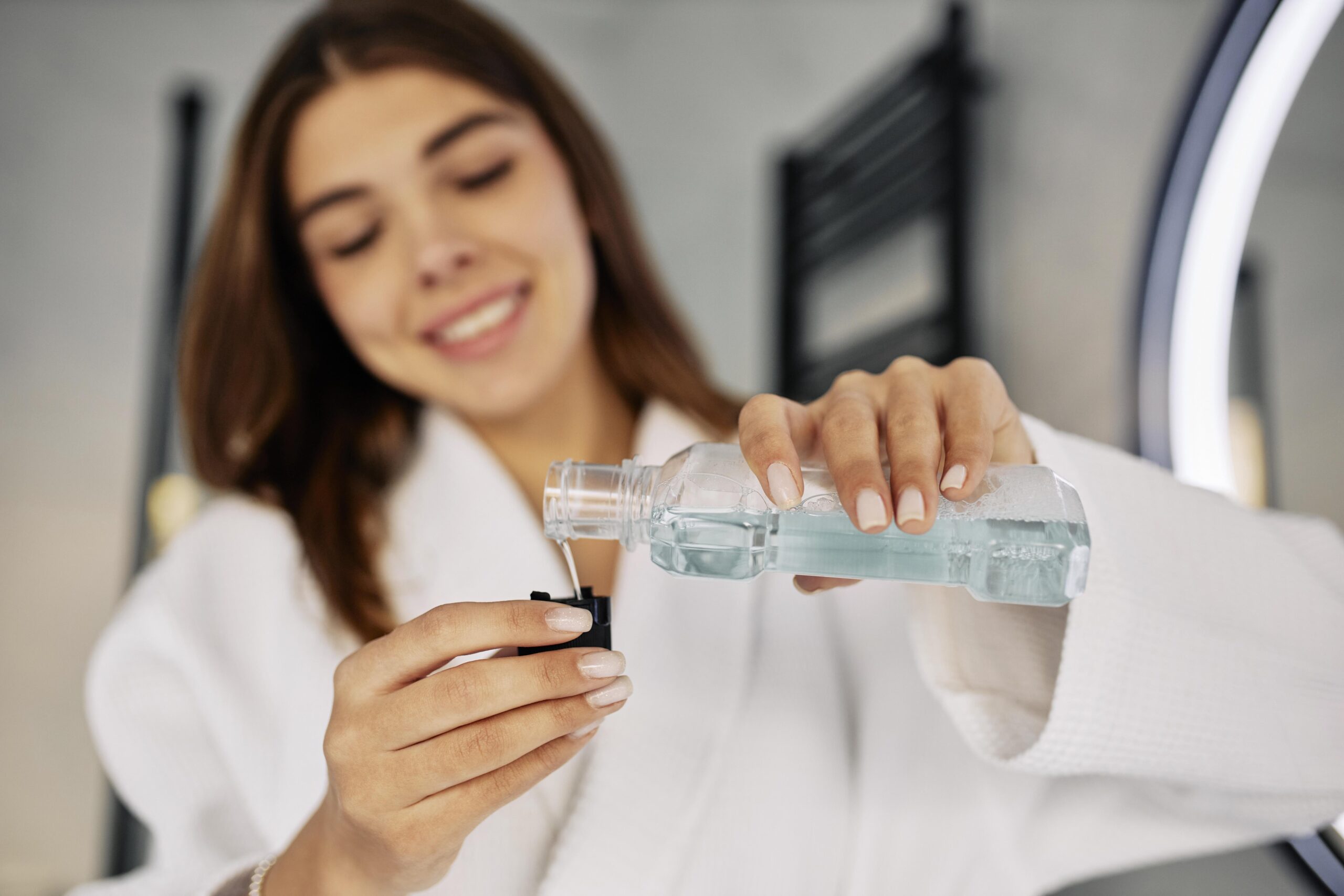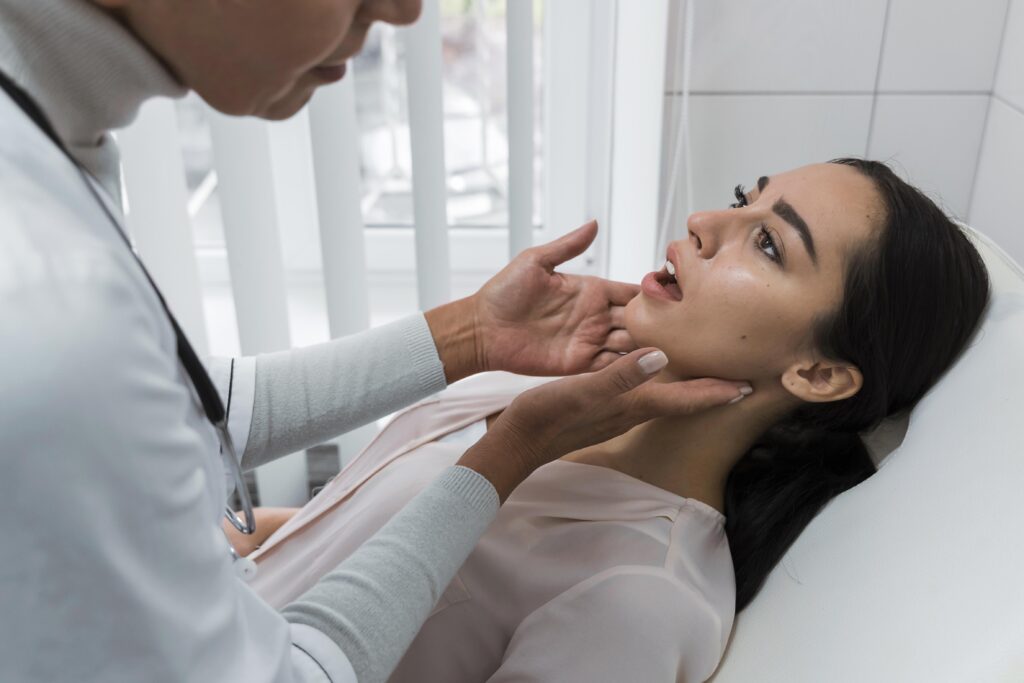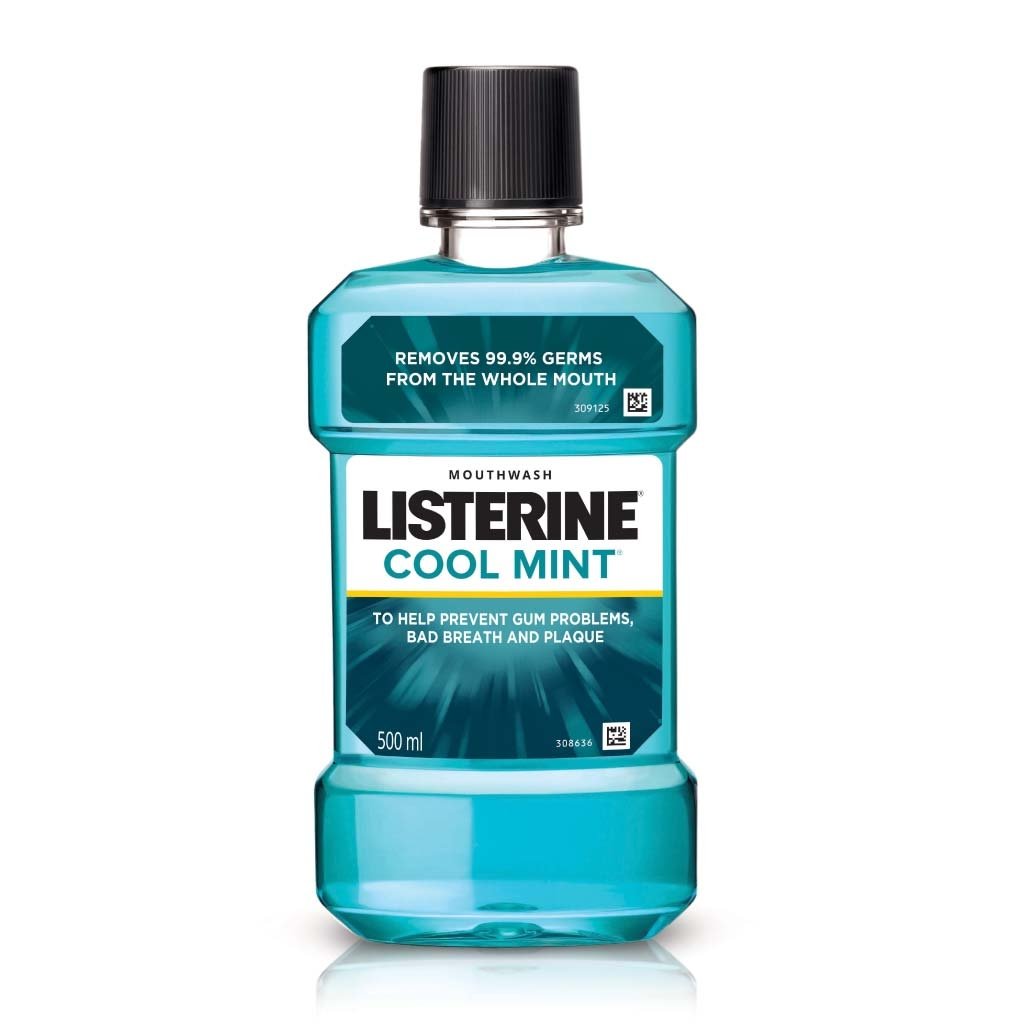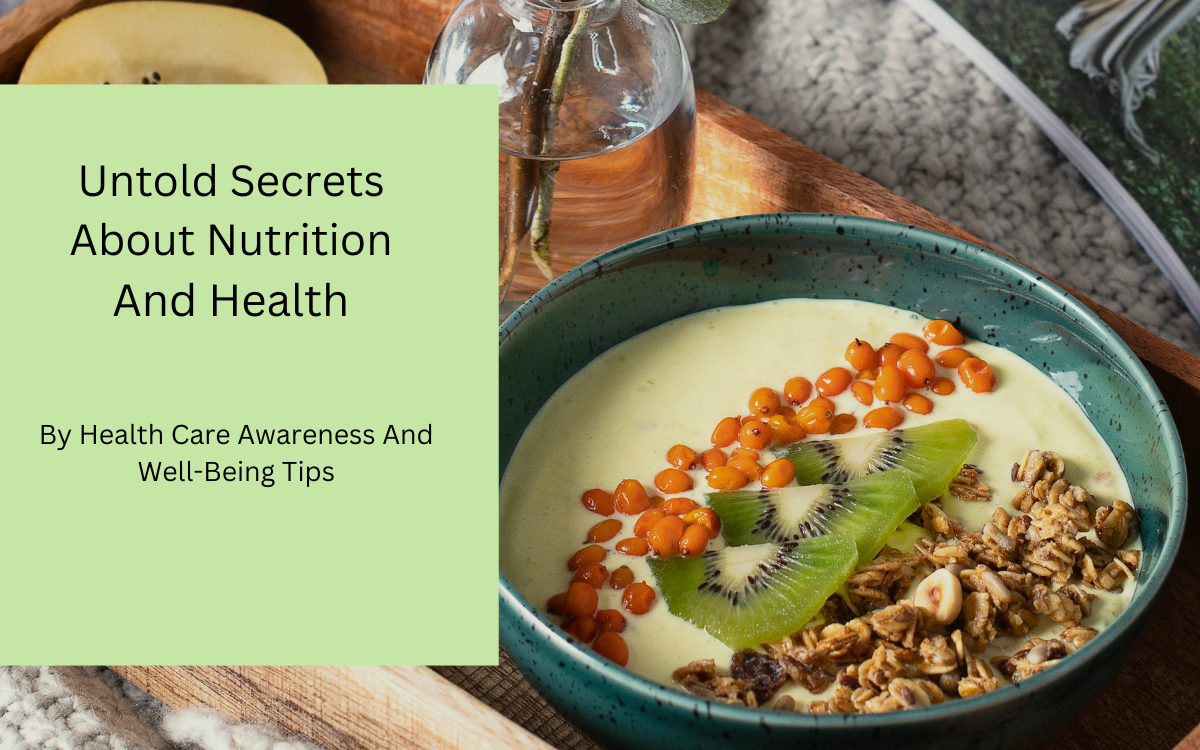Introduction
I remember the first time I used Listerine Cool Mint Mouthwash. The sharp, clean feeling it left behind, the reassurance of fresh breath—it felt like a small but significant step towards better hygiene. Like many others, I trusted that this daily ritual was a safe and effective way to maintain oral health. But recent revelations have cast a shadow over this seemingly benign habit, revealing a potential link between certain mouthwashes and an increased risk of cancer.
Table of Contents
The Hidden Dangers of Listerine Cool Mint Mouthwash

Listerine Cool Mint Mouthwash, with its promise of killing germs that cause bad breath, gum disease, and plaque, has been a household staple for years. However, beneath its refreshing exterior lies a concerning ingredient: alcohol. Listerine has that recognizable, strong burn because to its high alcohol level (26.9%).
The Real Reason Behind the Cancer Risk
The connection between this and cancer primarily revolves around its alcohol content. Alcohol, when used in mouth with certain ingredients, can irritate and damage the lining of the mouth. This damage can create a pathway for harmful substances to penetrate and affect cells, potentially leading to cancerous changes. Furthermore, alcohol can act as a solvent, allowing other potentially harmful ingredients in mouthwash to penetrate tissues more easily.
Scientific Evidence and Studies

Numerous studies have explored the link between alcohol-containing in this and oral cancer. Some research indicates that people who use alcohol-based mouthwash daily have a higher risk of developing oral cancer compared to those who do not. For instance, a study published in the journal Oral Oncology found a significant association between alcohol-based mouth cleaner and an increased risk of oral and pharyngeal cancer.
However, it’s important to note that the scientific community is not unanimous on this issue. Some experts argue that the evidence is not conclusive and that more research is needed to establish a definitive link. Despite these debates, the potential risk is enough to warrant caution.
Personal Stories and Testimonials
Countless individuals have shared their personal stories, highlighting the emotional toll of discovering that a product they trusted might be harmful. One story that stands out is of a woman who used Listerine Cool Mint daily for over a decade, only to be diagnosed with oral cancer. The shock, fear, and betrayal she felt are emotions echoed by many who face similar health scares. These stories serve as powerful reminders of the potential risks and the importance of being informed about the products we use.
Safer Alternatives
Given the potential risks associated with alcohol-based mouthwashes, it’s worth exploring safer alternatives. There are lots of natural mouthwashes that don’t contain alcohol that provide good dental hygiene without the hazards. Ingredients like aloe vera, tea tree oil, and xylitol can provide antibacterial benefits without the harsh effects of alcohol. Additionally, maintaining a regular dental hygiene routine with thorough brushing and flossing can significantly reduce the need for mouthwash.
Images are taken from https://www.listerine.in/oral-care-products/listerine-cool-mint-mouthwash and https://www.freepik.com/.
Conclusion
The possibility that it could increase the risk of cancer is deeply unsettling. While the scientific community continues to investigate, it’s crucial for us to take proactive steps in protecting our health. Opting for safer alternatives and staying informed about the products we use can make a significant difference. Let’s prioritize our well-being and make choices that reflect our commitment to a healthier future. After all, our health is invaluable, and it’s worth safeguarding with every decision we make.
FAQ’s
What are safer alternatives to alcohol-based mouthwashes?
Alcohol-free mouthwashes containing ingredients like aloe vera, tea tree oil, or xylitol can be effective without the associated risks.
Can I use homemade mouthwash as a safe alternative?
Yes, homemade mouthwashes with natural ingredients like saltwater, baking soda, or essential oils can be safe and effective.
What other steps can I take to reduce my risk of oral cancer?
Regular dental check-ups, avoiding tobacco and excessive alcohol, and maintaining good oral hygiene can help reduce the risk of oral cancer.
डिजिटल डिटॉक्स: स्क्रीन टाइम कम करने से तनाव कैसे कम हो सकता है। screen time Can Reduce Stress in hindi.
आज की तेज़-रफ़्तार, तकनीक-चालित दुनिया में, हम लगातार स्क्रीन से जुड़े रहते हैं। चाहे वह…
Digital Detox: How Lowering Screen Time Can Reduce Stress.
In today’s fast-paced, technology-driven world, we’re constantly connected to screens. Whether it’s through our smartphones,…
“Manu Bhaker Aims For Historic Third Medal In 25m Pistol “.
Introduction. Indian shooting star Manu Bhaker is poised for a potentially historic achievement at the…
भाग्य की दौड़: शा’कारी रिचर्डसन पेरिस 2024 सर्ज। Sha’Carri Richardson’s paris surge in hindi.
पेरिस 2024 ओलंपिक ने उत्साह की लहर पैदा कर दी है, खास तौर पर ट्रैक…
Racing To Redemption: Sha’Carri Richardson’s Paris 2024 Surge.
The Paris 2024 Olympics have sparked a flurry of excitement, especially in the track and…
“मनु भाकर और सरबजोत सिंह ने 2024 ओलंपिक में कांस्य जीत के साथ पेरिस में धूम मचा दी”।manu & sarabjot Bronze victory in hindi .
परिचय | भारतीय खेलों के लिए एक महत्वपूर्ण उपलब्धि में, निशानेबाज मनु भाकर और सरबजोत…







